-

Rubble and Rhetoric
Reality is now sinking in as those atop the US government develop a much fuller view of the scale of the destruction in Ukraine. This is particularly true of the real body count, which cannot be kept hidden for much longer. These officials understand the political necessity of distancing their own reckless policies from Ukraine’s impending collapse. Otherwise, it will be all too obvious that Ukraine lost a generation of its young men—as well as its sovereignty—all on a fool’s errand for foreign elites who will incur no personal cost for having orchestrated the calamity.
-
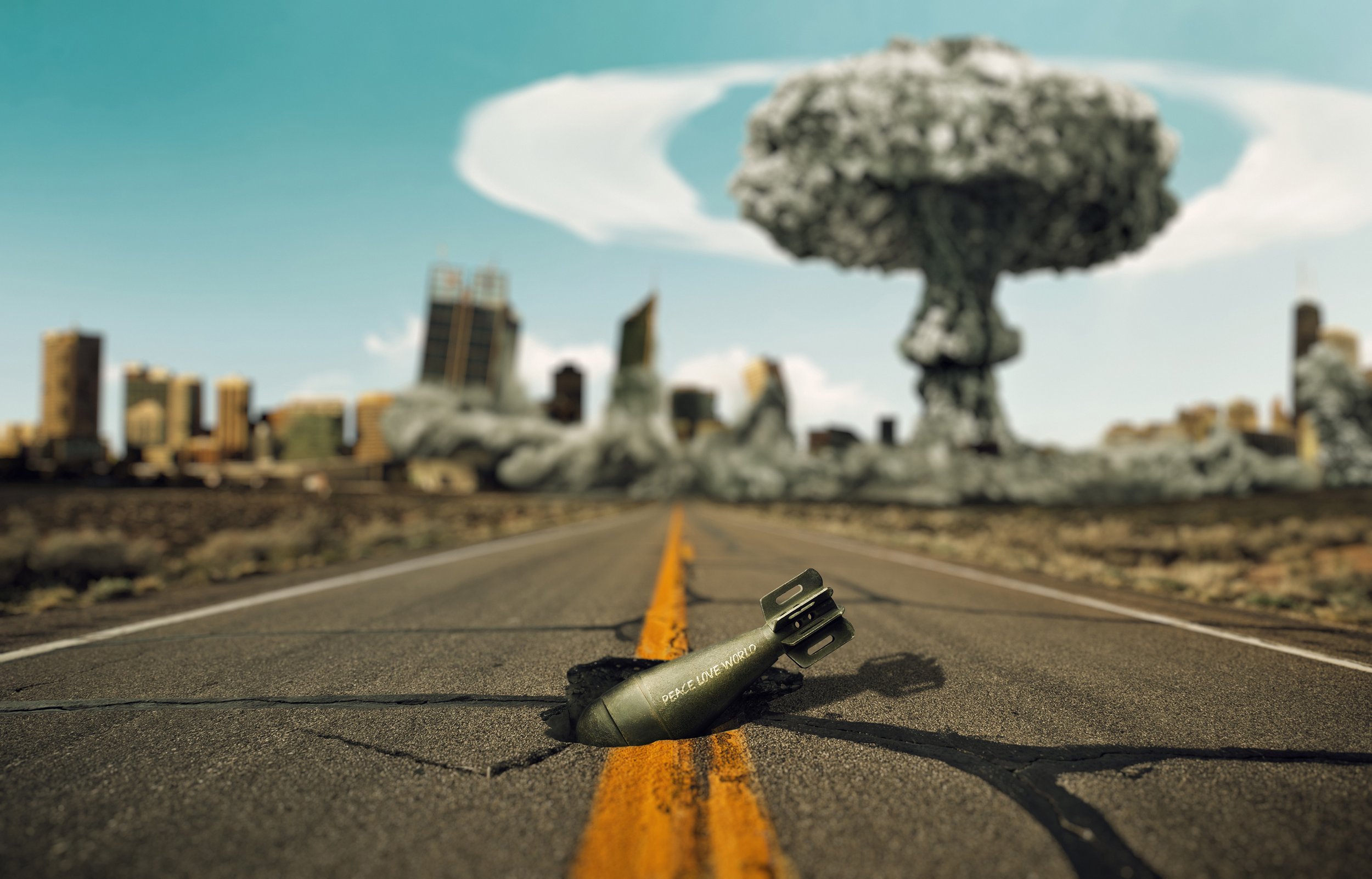
Amateur-Hour Armageddon
Russia’s perspective gets too little Western attention these day, and that’s a very dangerous reality. This used to be the job of intelligence professionals—to know their enemy and to be able to think like them. In our mania to punish Moscow, we devote almost no effort to understanding them, particularly in our public discourse. Society virtually tars and feathers not only those who voice dissent or suspicion of the party line, but even those who express a heartfelt wish for peace. The Western establishment’s policing of war-related speech reminds me of Stalin’s famous Order Number 227 during the Second War—Ни шагу назад! (Not one step back!)
-
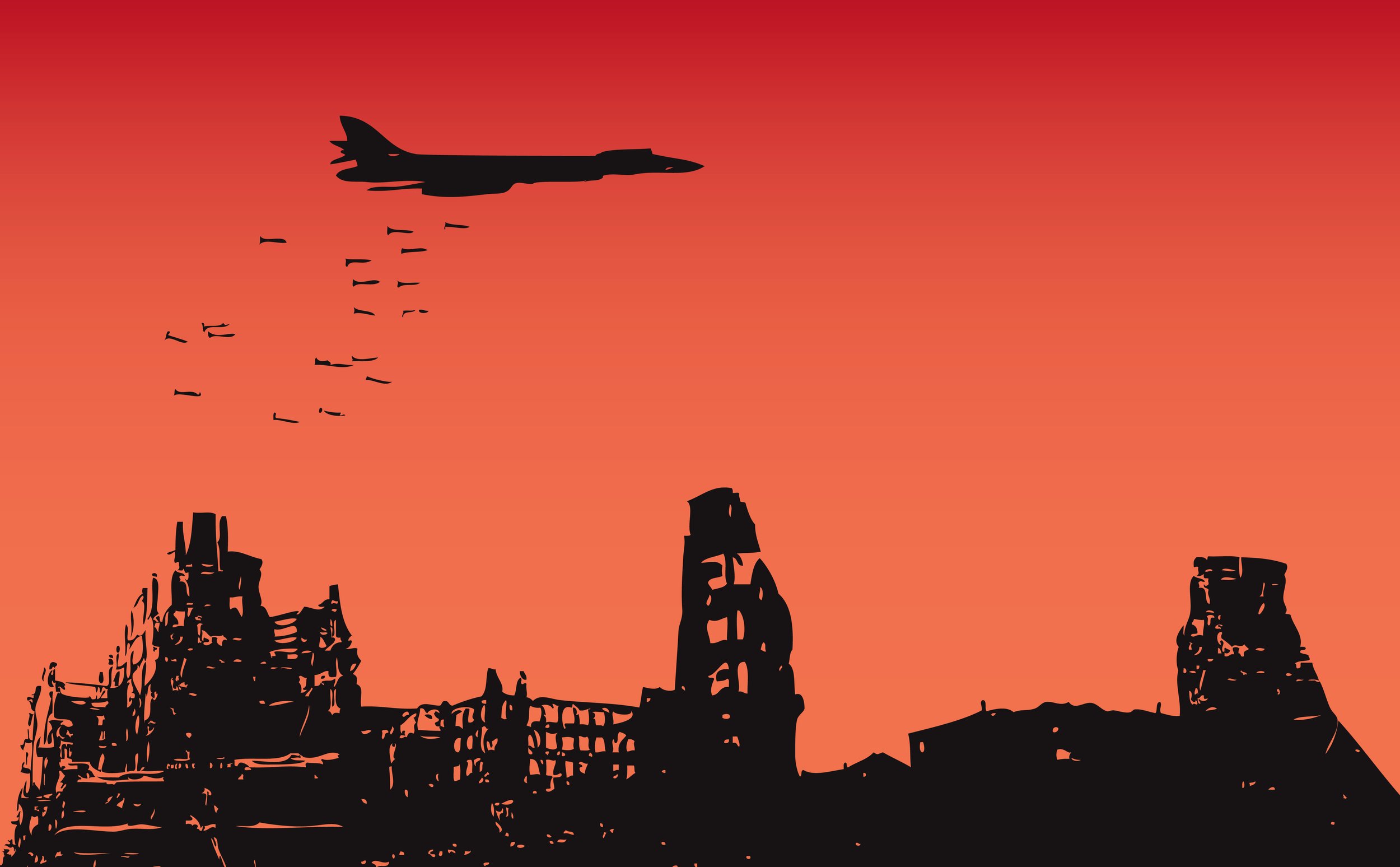
Proof of Concept
Part 1 of 4 in the series, “Collective Offense: Interventionism Set the Stage for NATO’s Demise.”
A military alliance that began for the purpose of collective defense against an enemy, by this point long gone, had redrawn the map of Europe for Kosovo and had done so at gunpoint—primarily from the air. NATO did this even as not a single one of its member nations faced a threat from this Balkan backwater. This new world did abide by a “rules-based international order.” But, as always, plebeians and patricians faced entirely different sets of rules. According to NATO, would-be nationalistic projects elsewhere in the world were not permitted. Kosovo was a one-time exception.
-
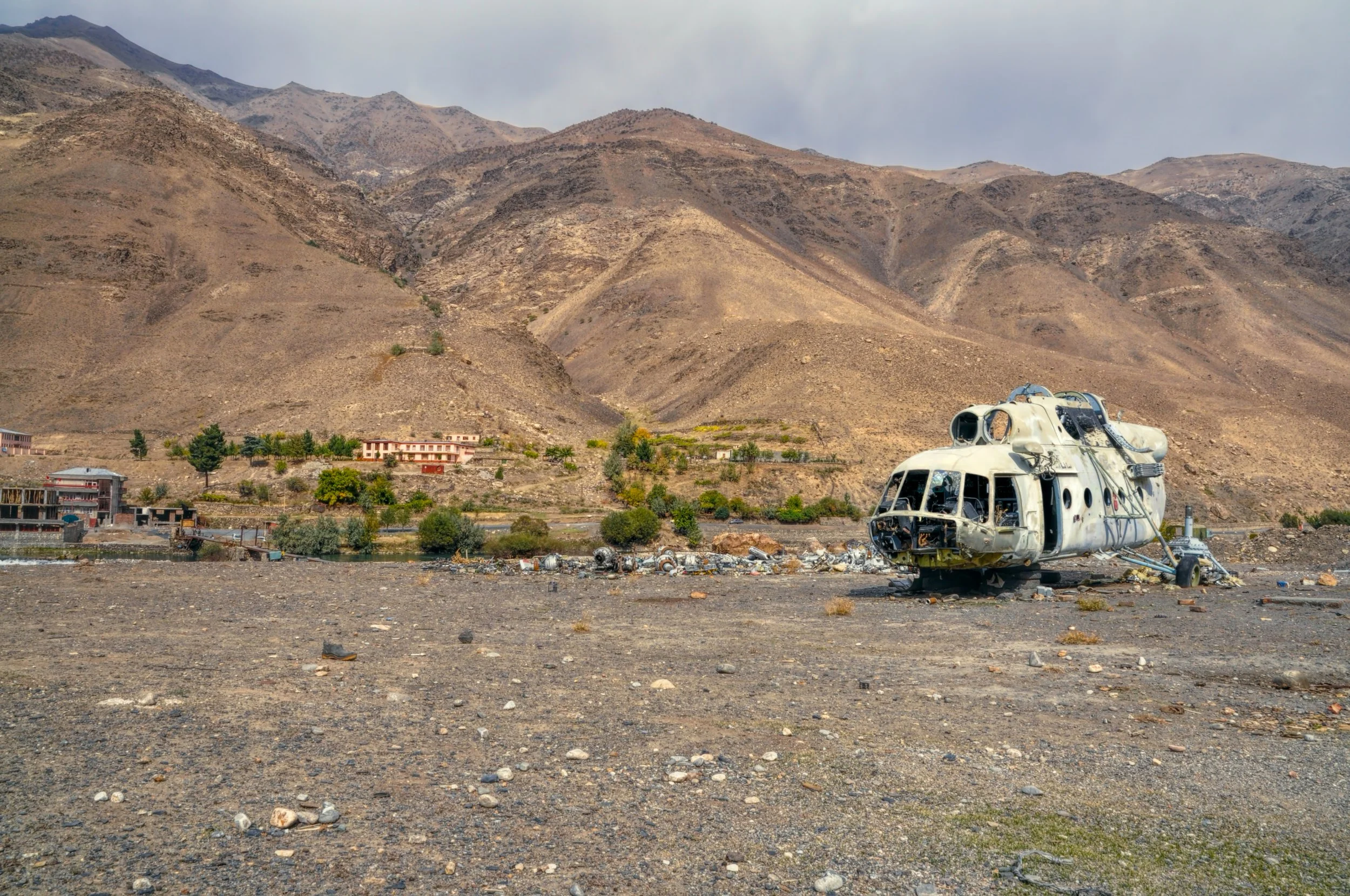
Twenty Years of Lies: Interviews Before and After the Fall of Kabul
July 2021—shortly after the White House, DoD, State, et al claimed the Afghan government would survive a US withdrawal, I gave this interview and described, in detail, how the Taliban was already on its way to retaking the country. Kabul fell weeks later.
August 2021—I explained what the future had in store for Taliban-controlled Afghanistan.
-
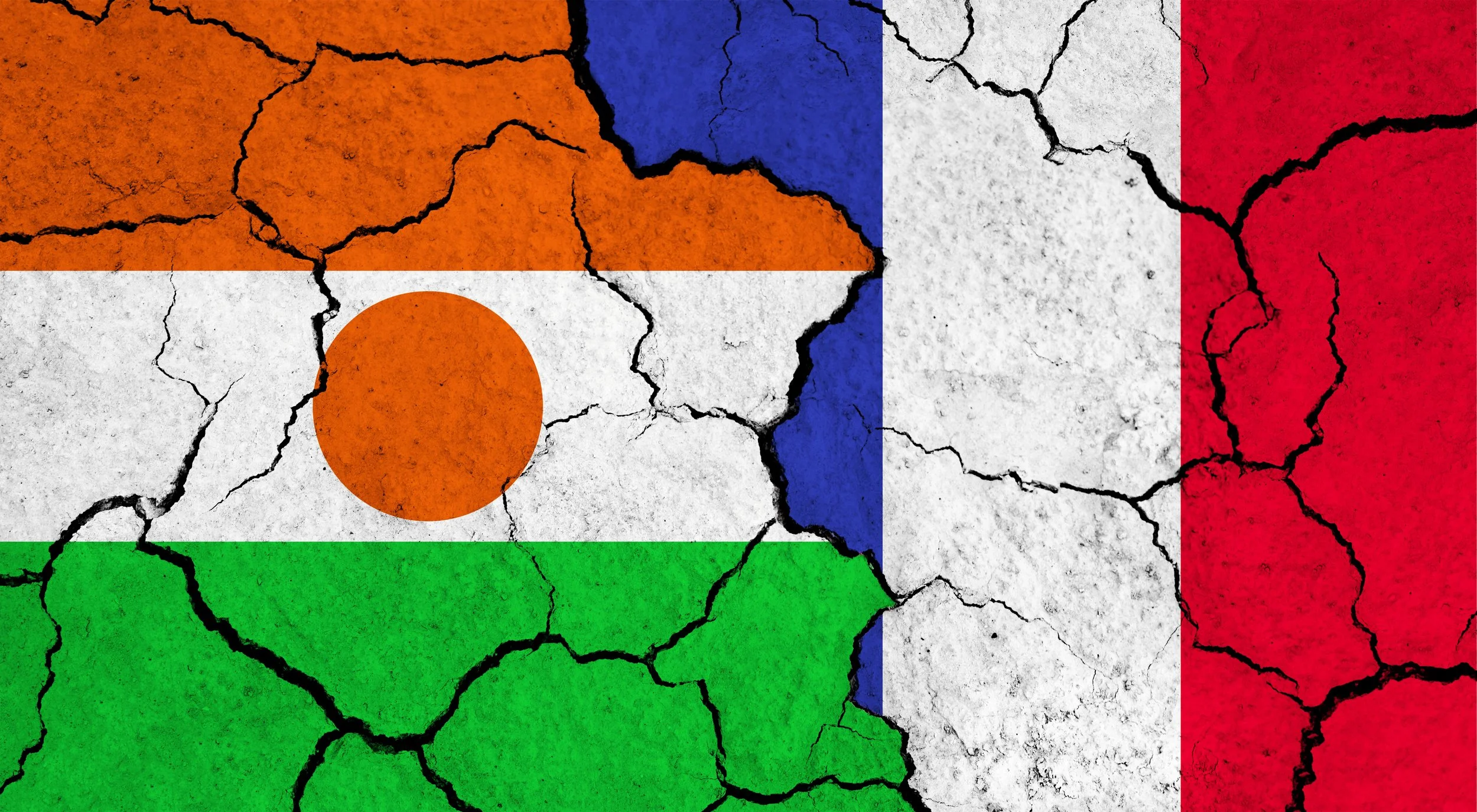
Niger and France
But if push comes to shove, what could France do? There has been no significant investment in France’s capabilities since Operation Serval. Any meaningful military response would have to be a coalition effort drawing on the same nations currently under stress by their ongoing proxy war in Ukraine. This is not to say the West is incapable of mounting an operation, but could they sustain an extended one—militarily, politically, or otherwise?
I raise these questions not to focus on Niger, France, or uranium specifically, but to underscore the deepening fragility of the existing international order. As Western hegemony grows ever more tenuous, events like the present one in Niger will be ever more significant—and many more will follow.
-
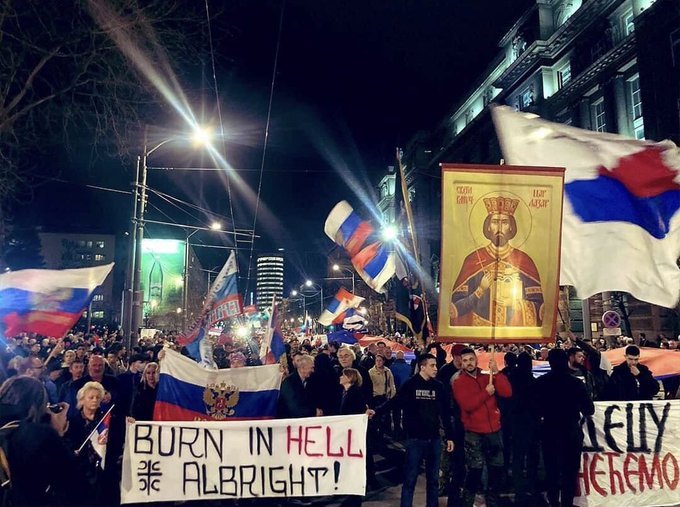
The Moon is Serbian
How many Westerners recall the last concentration camps in Europe were those of the 1990s, not the 1940s? The montage of European wars playing in the collective Western memory skips spottily from World War II to Ukraine. Hidden are the Balkan Wars of the 1990s. Forgotten are the sieges, shelling, sniping, and ethnic cleansing. Mariupol became a colorized Stalingrad and, in between, not so much as a flicker of Vukovar, Sarajevo, or the Preševo Valley.
-

International Entanglement: Policy Action at a Distance
Here’s an even harsher reality check—the world faces a five-headed hydra of fiscal, monetary, economic, energy, and food crises (if not others.) As a result, the US will be able to do less going forward than it had in the past. This reality has yet to sink in among many in Washington and most in the chattering classes. No matter—this is a self-correcting problem.
It is time to rethink security cooperation as a tool of deterrence while there is still time to do something other than react. This remains the best military option to pursue strategic goals without firing a shot.
-
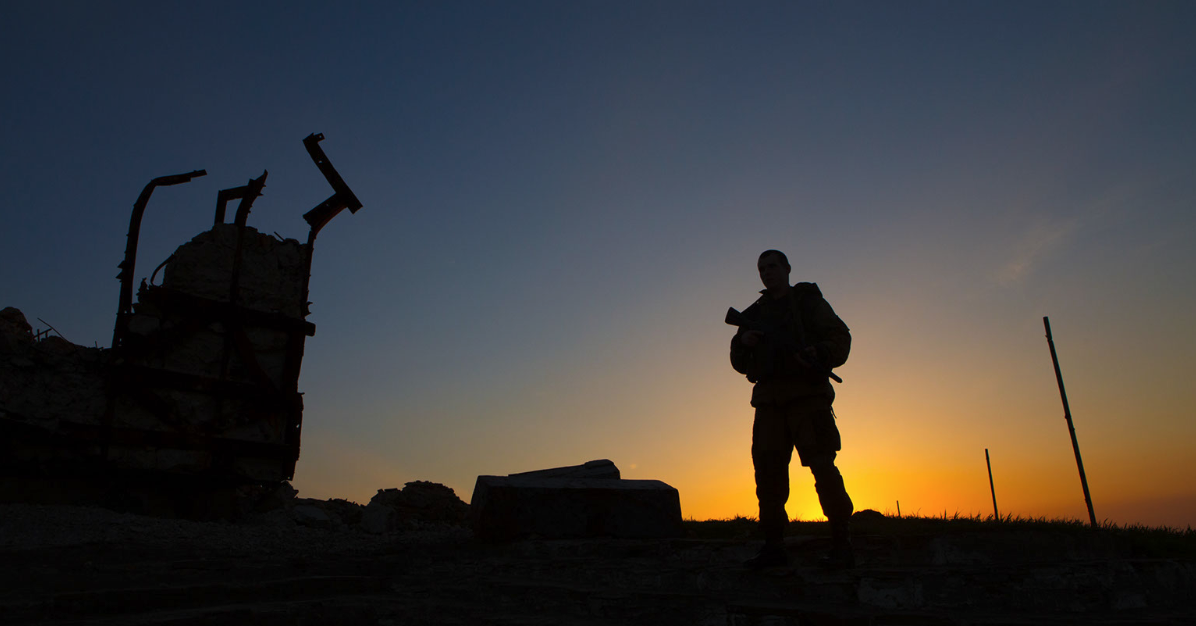
Analysis: The Russia Ukraine Conflict
The situation in Ukraine is only confusing if viewed as an aberration, instead of as the latest chapter in a very long-running saga. The fundamentals of Moscow’s position have not changed in years. Russia is pursuing, at least generally, the same goals it has had since the mid-2000s. That was when Putin had effectively consolidated power domestically. He put an end to the “wild west” of the 90s era and reigned in the oligarchs who tested his authority. Flush with cash from oil and natural gas sales, Putin turned his attention to rebuilding the country’s foreign and national security policies.
-
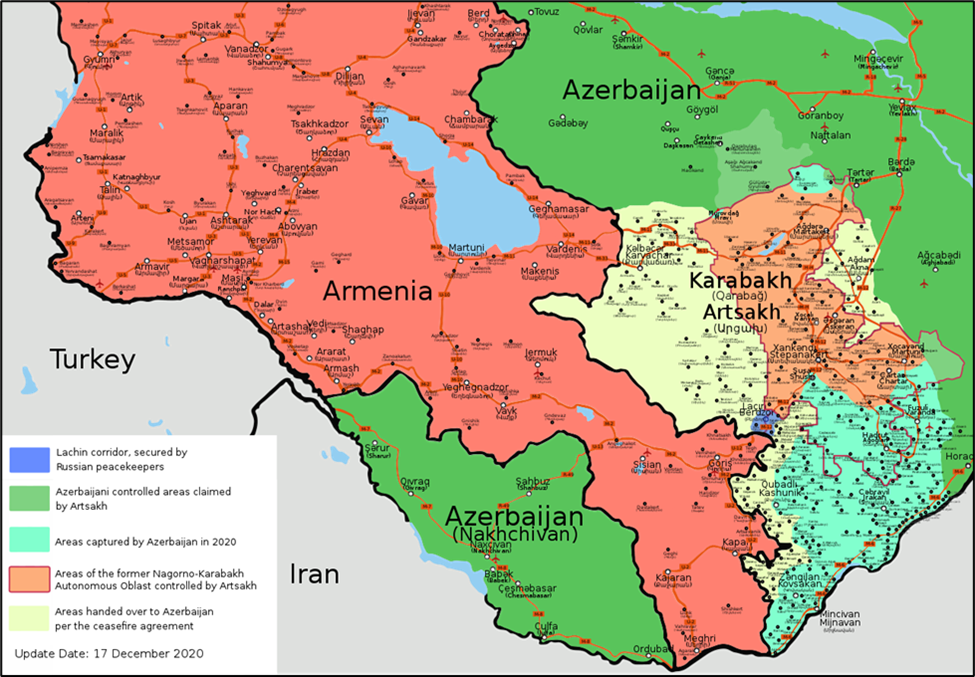
The 2020 Nagorno-Karabakh War
This is an open-source analysis of the 2020 Nagorno-Karabakh War. This product does not provide a play-by-play review of the conflict. Rather, it focuses on novel and otherwise significant uses of various military technologies and tactics, as well as noteworthy vulnerabilities and operational shortcomings.

